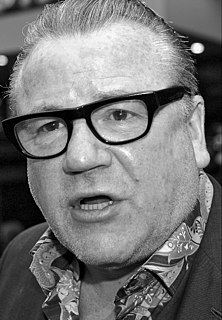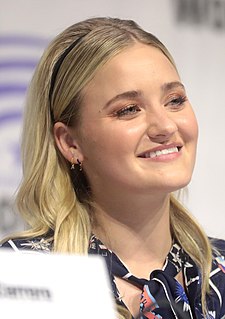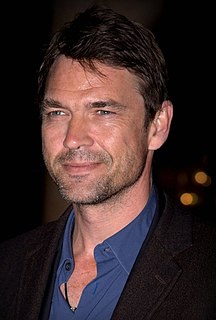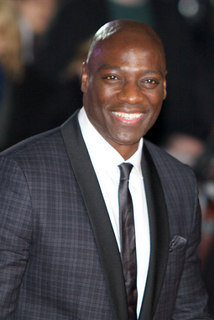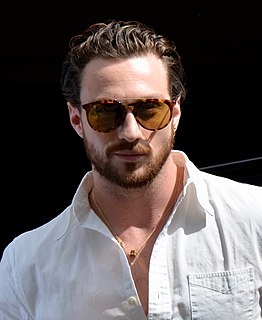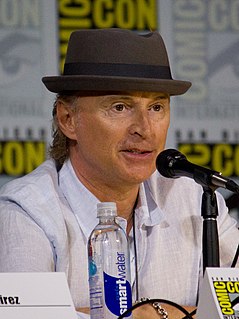A Quote by Jeffrey Dean Morgan
The directors you want to work with are in the television world.
Quote Topics
Related Quotes
I think that what 'Oz' did is it spawned a great generation of television production. But people know its place in television and just in great dramas. It's the foundation of my career. Most producers, show runners, directors, and casting directors put me in movies based on my performance in that show.
Most Chinese filmmakers grew up watching television; they watched films on television, not in cinemas. The scope of their vision is not big enough, they're not yet detail-oriented enough. You have to watch films in cinemas for years to understand the depth and scope of vision needed in filmmaking. Directors in China usually come from an academic background; they graduate as film directors. Whereas the directors from Hong Kong learn their trade on sets, beginning at the lowest rung.
What I want to do is create great content on television and movies. It is not my role to program only for Latinos, and you can't really assume that Hispanics only want Hispanic content. But I do think that we are severely underrepresented in television and film. And instead of complaining about not seeing ourselves, we should become film producers, directors, and writers, and tell our story.

